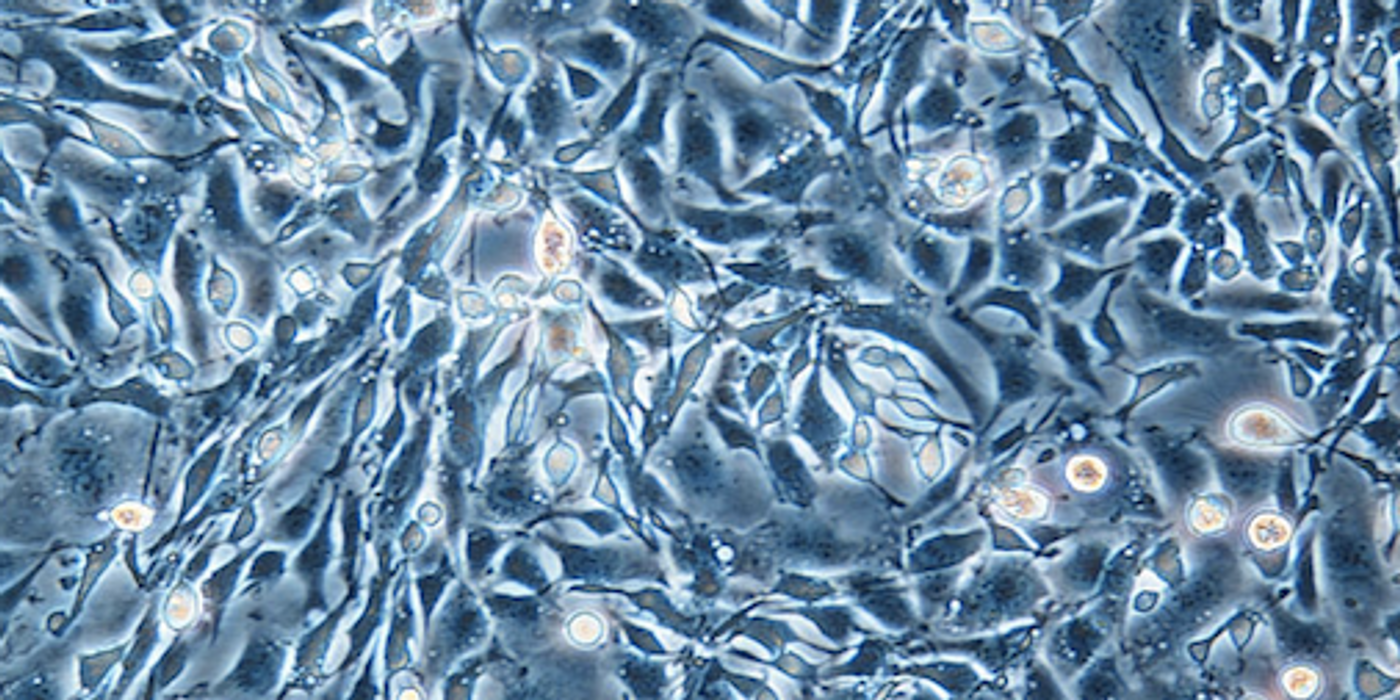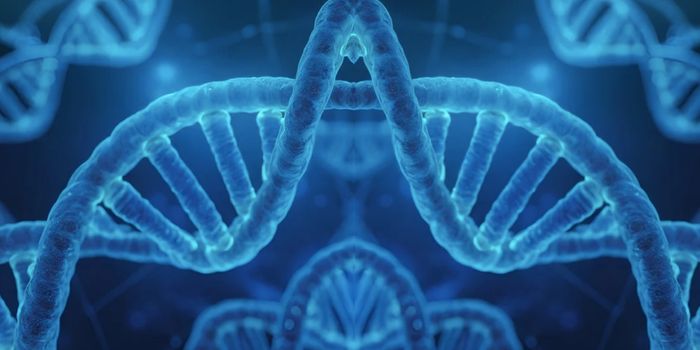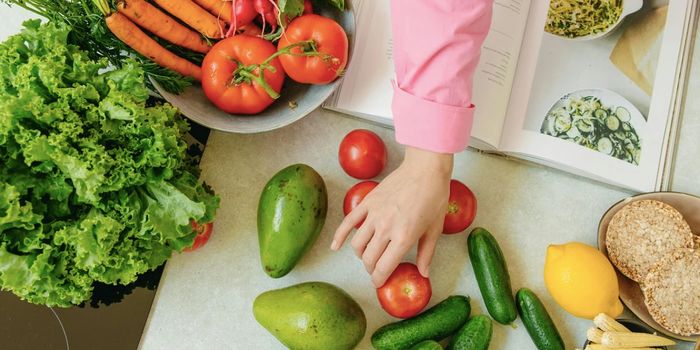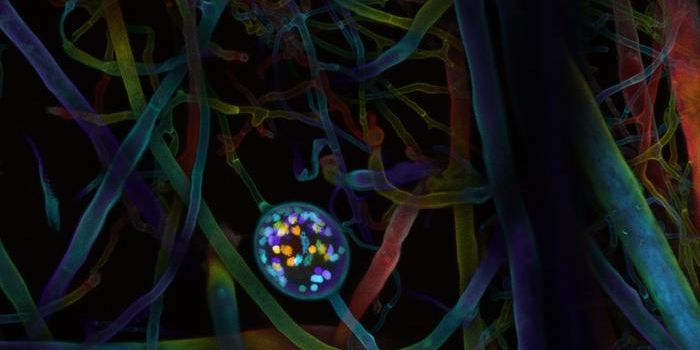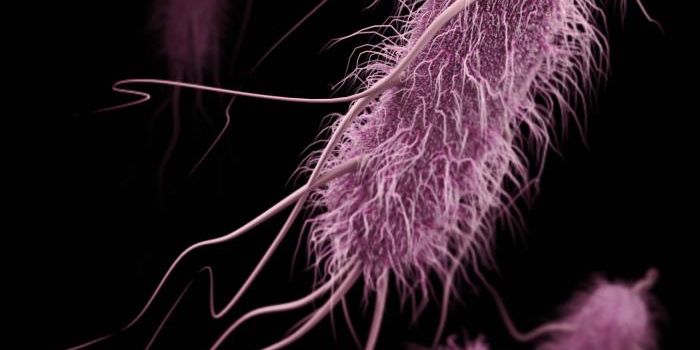Putting the Brakes on Evolution for Improved Bioproduction
Bioproduction, in which microbes are used to generate molecules like antibodies or therapeutics, is a technique that has many applications, even today. However, use of this technology on a large scale has remained challenging. In order to make bioproduction a viable venture for a company, it has to be done using huge volumes, and few enterprises have been successful. Engineers also want to replace oils in production with biomaterials, and they must overcome the technical challenges preventing the use of this technology on an industrial scale. A new report in PNAS has outlined some of the ways in which those hurdles can be overcome.
In bioproduction, fermentation is used to grow the microbes that have been engineered to produce a molecule of interest. The video above explains the process. It’s important, however, that the organisms growing are under strict control.
“One central issue is that bioproduction in large-scale fermenters is limited by toxicities and stresses that allow evolution to reduce or eliminate production of chemicals by engineered cells. This makes it expensive and challenging to commercialize biobased production systems in particular in when large amounts of chemicals are needed” explained Morten Sommer, Professor and Scientific Director of the Bacterial Synthetic Biology section at the Novo Nordisk Foundation Center for Biosustainability, Technical University of Denmark.
Investigators at Novo Nordisk Foundation Center for Biosustainability have suggested that cells can be designed to get around the evolutionary pressures presented by the industrial environment. Cells could then make massive quantities of valuable chemicals. To achieve this, the scientists altered cells so they would only grow if they are carrying high levels of the desired product.
“When we rewire the production microorganism to slow down growth in case it loses production, we efficiently prevent it from performing evolution on the genes leading to production. This allows us to maintain productive cells even when the cells divide to fill up large fermentation tanks,” said Peter Rugbjerg, a postdoctoral fellow at the Novo Nordisk Foundation Center for Biosustainability.
Evolution is often good for organisms but bad for bioproduction in fermentation tanks. In this work, the researchers explore the use of a molecular biosensor, which is able to detect the levels of a particular chemical in the cells used in production. In this case, that chemical is mevalonate, and the biosensor can also stop cell growth if the synthesis of the molecule decreases below a threshold.
“Engineered, high-level production of sustainable chemicals is not attractive for the cell that tends to grow slower and explore ways to evolve and stop production. This makes it difficult to bridge the gap between research conducted in lab shake flasks and industrial need for large cubic-meter quantities,” noted Peter Rugbjerg.
This work could change industrial bioproduction. By extension, it could be a boon for sustainability as well.
“The biotech industry clearly indicate that they see a great potential in solving this problem. This study can be a step towards more efficient and affordable large-scale biomanufacturing to the benefit of society,” explained Morten Sommer.
Sources: Novo Nordisk Foundation Center for Biosustainability, PNAS
